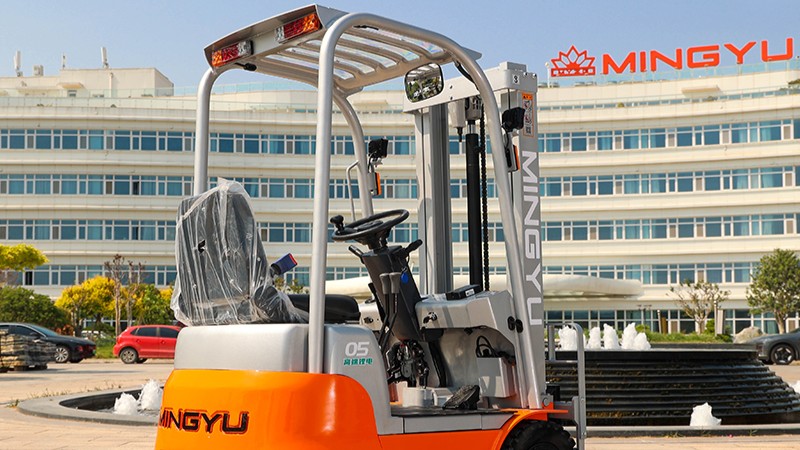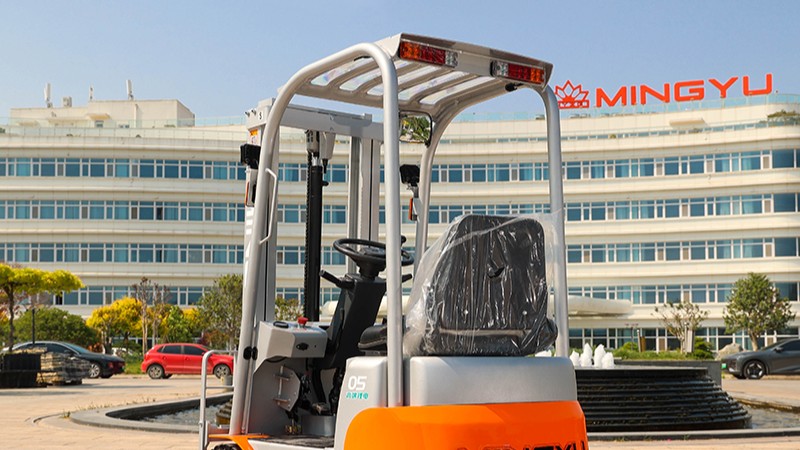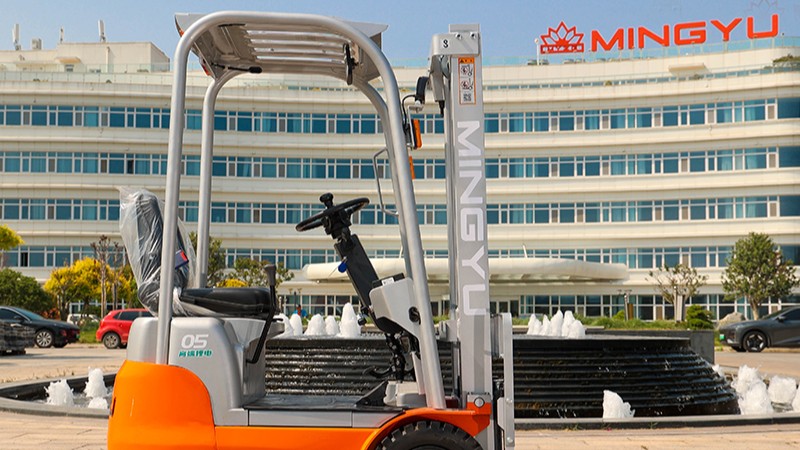
The most immediate and undeniable safety advantage of lithium-ion forklifts is the complete elimination of harmful internal combustion engine (ICE) emissions. Diesel forklifts are notorious producers of carcinogenic particulate matter (PM), nitrogen oxides (NOx), and carbon monoxide (CO). Operating these machines indoors, even with sophisticated ventilation systems, poses serious health risks. CO, an odorless and colorless gas, can rapidly accumulate to lethal concentrations, leading to headaches, dizziness, nausea, loss of consciousness, and even death. Particulate matter contributes to respiratory diseases like asthma and bronchitis. Lithium-ion forklifts, producing zero localized emissions during operation, create a fundamentally healthier and safer indoor work environment. This directly translates to reduced absenteeism, lower healthcare costs, and compliance with increasingly stringent indoor air quality regulations enforced by bodies like OSHA and the EPA. The air is simply cleaner and safer to breathe.

Fire safety presents another critical area where lithium-ion technology, when properly engineered and managed, demonstrates distinct advantages over diesel, despite common misconceptions fueled by rare but high-profile incidents. Diesel forklifts carry significant quantities of highly flammable liquid fuel. Spills during refueling are common and create immediate slip hazards and fire risks. A fuel leak near an ignition source – a spark, hot engine component, or even static electricity – can lead to a dangerous fire or explosion. Conversely, modern lithium-ion batteries, particularly those using Lithium Iron Phosphate (LiFePO4 or LFP) chemistry favoured by many industrial manufacturers like MYZG / MINGYU for its superior thermal stability, are inherently less volatile than gasoline or diesel. While thermal runaway is a risk with any lithium-ion battery, advanced Battery Management Systems (BMS) continuously monitor every cell for temperature, voltage, and current. These systems can instantly disconnect power, activate cooling, or alert operators at the first sign of potential trouble, long before a catastrophic event occurs. Furthermore, dedicated safe charging areas, designed with fire suppression in mind, significantly mitigate risks compared to the inherent danger of handling large volumes of liquid fuel daily across a busy warehouse floor. The risk profile shifts from frequent, smaller fuel-related hazards (spills, vapors) to a much rarer, but potentially larger, battery event – which robust engineering and protocols aim to prevent entirely.

Operator safety and ergonomics see substantial improvements with the lithium-ion transition. Electric motors, whether powered by lead-acid or lithium-ion, are significantly quieter than diesel engines. Prolonged exposure to diesel engine noise, often exceeding 85 dB, is a major contributor to operator fatigue, hearing loss, and increased stress levels, which can impair concentration and reaction times – critical factors in accident prevention. The near-silent operation of Li-ion forklifts drastically reduces noise pollution, enhancing communication on the floor and reducing auditory strain. Vibration is another critical factor. Diesel engines generate considerable high-frequency vibration transmitted through the chassis and into the operator's seat and controls. Long-term exposure to whole-body vibration is linked to musculoskeletal disorders, including chronic back pain. Electric forklifts offer a smoother, vibration-free ride, significantly enhancing operator comfort and reducing physical strain during long shifts. Additionally, lithium-ion batteries offer opportunity charging. Operators can quickly top up the battery during breaks or shift changes without lengthy refueling stops or the physical strain and contamination risks associated with handling heavy lead-acid batteries or connecting complex watering systems. This constant readiness improves workflow and reduces the pressure to rush, indirectly contributing to safer operating practices. Companies like MYZG / MINGYU integrate these ergonomic benefits seamlessly into their Li-ion powered fleet designs.
Post time:Aug.19.2025
